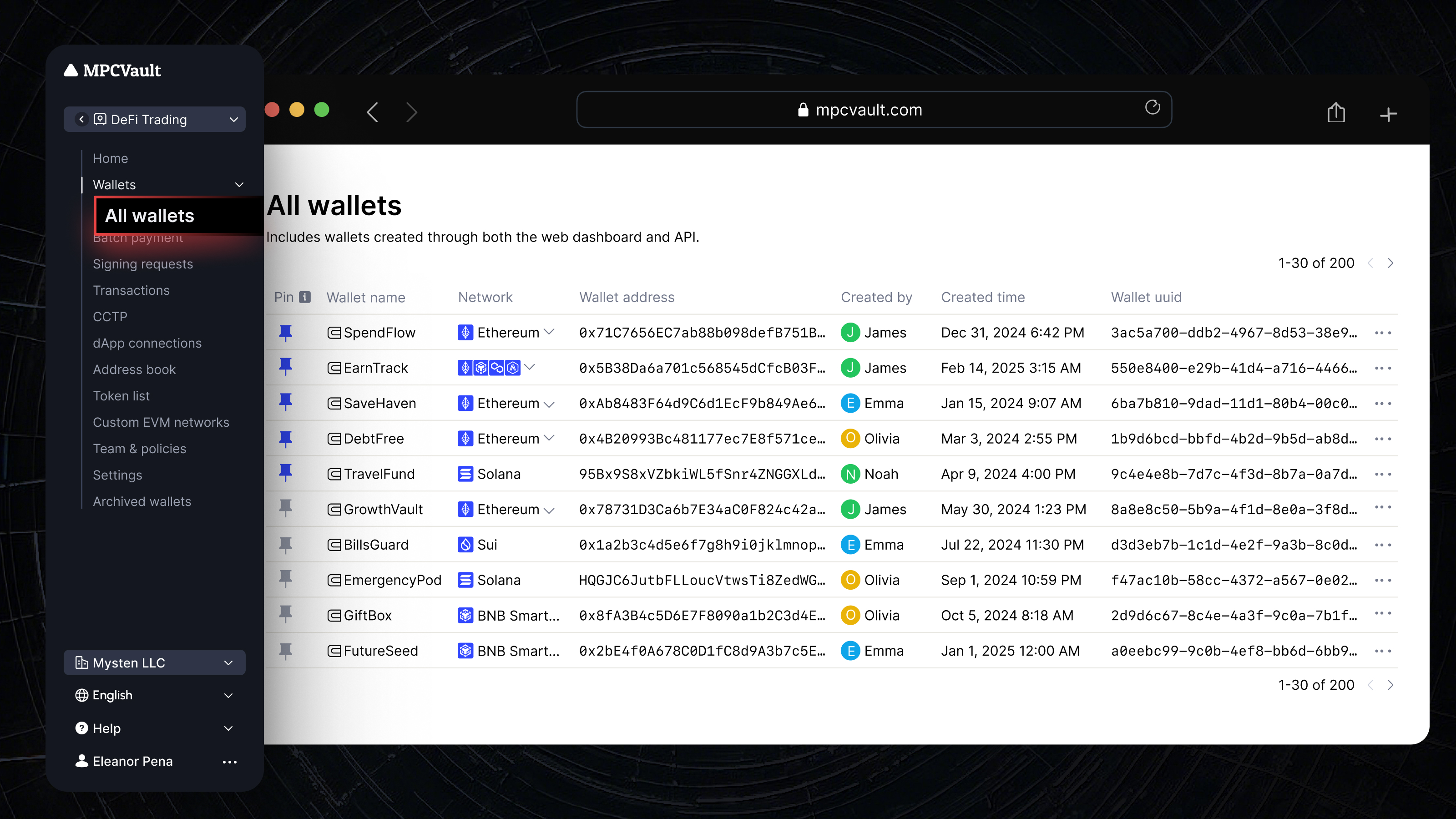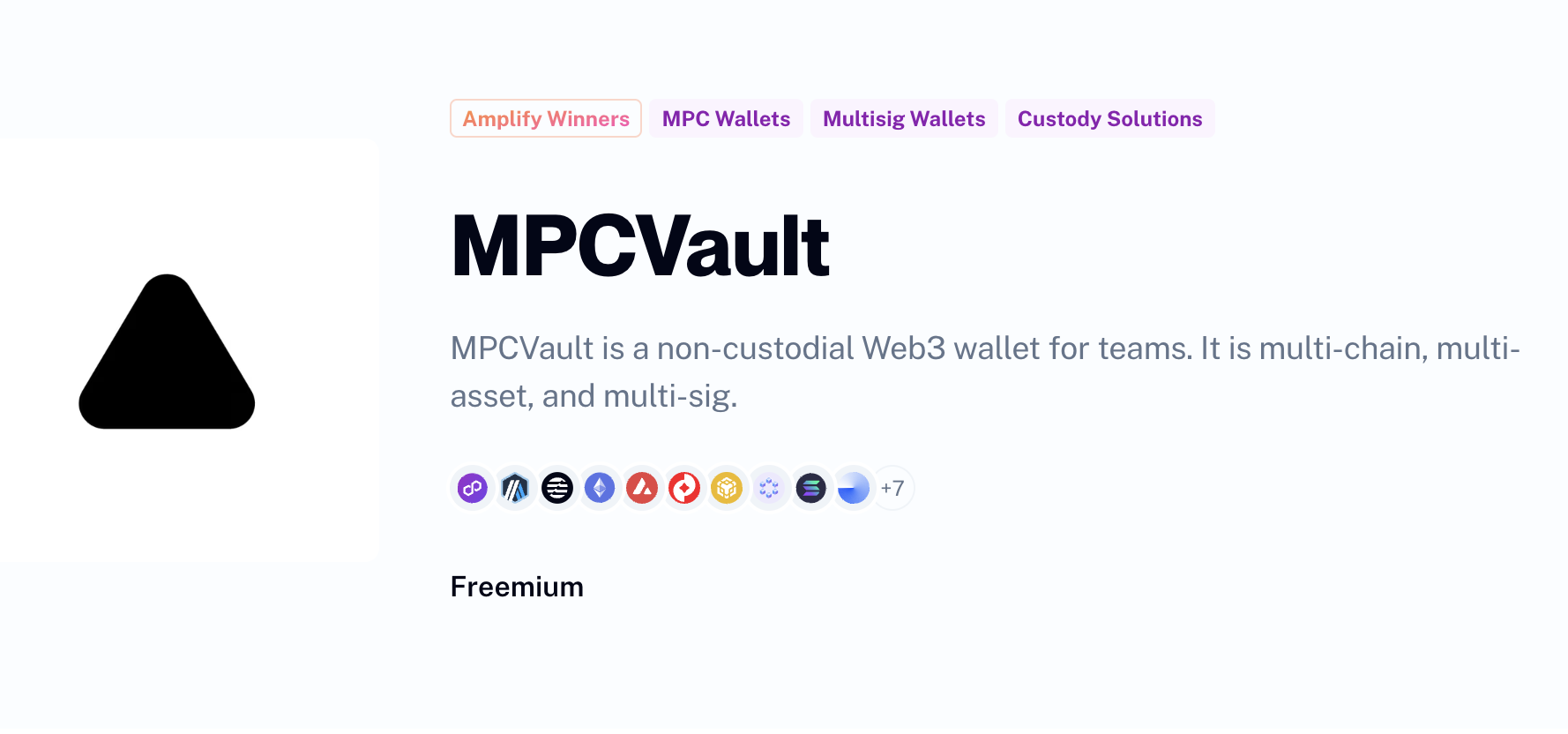In the digital realm where anonymity often reigns supreme, the importance of trust cannot be overstated—especially within the burgeoning field of cryptocurrencies. As a beacon of innovation, Polygon stands out, offering wallet solutions that marry security with transparency. These solutions not only safeguard assets but also bolster confidence among users. In this article, we explore how Polygon wallet solutions are redefining trust in blockchain technology, ensuring that every transaction is a step towards building a more secure digital future.
Understanding Polygon: A Primer on Blockchain Transparency
Polygon has emerged as a revolutionary force within the blockchain sphere. At its core, Polygon operates as a protocol and a framework for building and connecting Ethereum-compatible blockchain networks. By enhancing scalability and interoperability, it offers a multi-faceted platform designed to address the complex challenges of Ethereum's infrastructure, without compromising on security. One of the cornerstone features of Polygon is its commitment to transparency—a factor of paramount importance for users who seek assurance that their digital transactions are conducted in a secure and open environment.
For example, Polygon's publicly verifiable technology means that users can independently confirm the legitimacy of transactions on the blockchain—a level of openness that was previously elusive in traditional banking. Leveraging such features, Polygon facilitates an ecosystem where trust is ingrained in the very architecture of its wallets, ensuring every participant in the network can operate with confidence and peace of mind.
The Evolution of Wallet Security: From Bitcoin to Polygon
The narrative of cryptocurrency wallet security tells a tale of relentless evolution. In the nascent days of Bitcoin, wallet security was a rudimentary affair, often limited to a simple set of cryptographic keys. However, the increasing value and popularity of digital currencies soon made it clear that more robust mechanisms were necessary to protect users' assets. Enter Polygon, a platform that's at the forefront of the next generation of secure wallet solutions.
As Polygon blockchain technology has refined, so too have the features of its wallets. Multi-layered security measures, such as two-factor authentication (2FA) and hardware wallet support, have become standard. The introduction of multi-signature wallets has been a game-changer, requiring multiple private keys to access funds, thereby significantly diluting the risk of theft or loss. Polygon's implementation of these sophisticated security features demonstrates a commitment to not just keeping pace with the industry, but setting the standard for what users can expect from a secure cryptocurrency wallet.
Consider the case of a high-profile NFT marketplace that implemented Polygon's multi-signature wallet solution. It resulted not only in increased security for large-volume transactions but also fostered a greater sense of trust among its users, amplifying its market reputation. Through constant innovation, the Polygon wallet solution has risen as a bulwark against security threats in the crypto ecosystem.
Key Features of Polygon Wallets that Enhance Trust
Within the matrix of Polygon wallet features, several stand out for their critical role in enhancing user trust. First and foremost, the interoperability provided by Polygon ensures that users are not restricted to a single blockchain, thereby expanding the possibilities for secure transactions across multiple networks. But beyond interoperability, the security features within Polygon wallets themselves are the bedrock upon which trust is built.
Smart contract integration is a cornerstone of modern Polygon wallets. Smart contracts allow for the automation of agreements without the need for intermediaries, underpinned by the immutable ledger that is the blockchain. This transparency ensures that every transaction is traceable and verifiable, providing a clear trail of activity that engenders trust.
Further, Polygon wallets take advantage of state-of-the-art encryption and privacy measures, ensuring that sensitive data remains secure. Hierarchical Deterministic (HD) wallets are one such feature, generating a hierarchical tree-like structure of private and public keys, enhancing both security and privacy. Additionally, regular security audits and updates to the Polygon network underpin a dynamic defense system against emerging threats.
By integrating these advanced security features, the Polygon wallet doesn't just protect against unauthorized access—it fosters trust through transparency and control, giving users assurance that their digital assets are managed securely and with integrity.
Choosing a Secure Wallet: Embracing MPCVault's Cutting-edge Technology
In the pursuit of the most secure wallet, technology plays the pivotal role. When selecting a wallet, savvy users prioritize solutions that employ robust security measures such as multi-signature (multi-sig) capabilities and secure custody options. MPCVault emerges as an exemplary product in this regard, boasting revolutionary Multi-Party Computation (MPC) technology coupled with multi-sig and self-custodial features.
MPCVault is at the forefront of safeguarding digital assets, designed for users who demand the utmost security and autonomy over their funds. The multi-sig aspect of MPCVault ensures that multiple parties must agree to transact, distributing trust and minimizing the risk of a single point of failure. This is particularly vital for organizations where financial governance requires checks and balances.
Moreover, MPCVault’s use of MPC technology is an innovation in cryptographic security. By allowing multiple parties to compute a function together without exposing their individual inputs, it enhances security during the transaction signing process. With MPC, even if one device is compromised, malicious actors cannot access or manipulate the full transaction data, making MPCVault an impregnable fortress in the digital currency landscape.
MPCVault also stands out due to its self-custodial capability. It empowers users with full control over their private keys and, by extension, their assets. In embodying self-custodianship, MPCVault aligns with the original ethos of blockchain — decentralization and user sovereignty. With MPCVault, users not only have custody of their digital wealth but are also equipped with state-of-the-art security, enabling them to transact with unshakable confidence.
For individuals and institutions alike, MPCVault offers an unrivaled combination of security, transparency, and control. It is the embodiment of trust in the digital age, ensuring that your assets are managed securely while keeping you firmly at the helm. By choosing MPCVault, users align themselves with the future of wallet technology where security and user agency are paramount.



